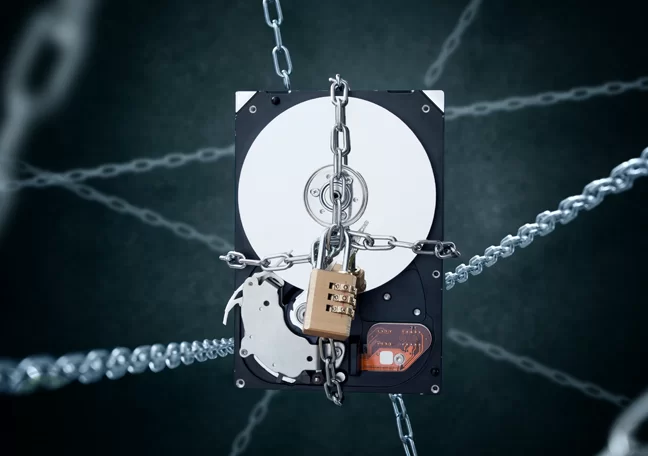Companies across different industries must implement data protection strategies to ensure their confidentiality and their clients’ intellectual properties, contracts, strategies, trade secrets, and personal information.
And in this day and age of security breaches and data theft, businesses that have yet to outline and put a thorough data protection plan (DPP) are practically welcoming cybercriminals into their data servers.
One of the main purposes of the DPP is to build a compliance culture within the workplace. Thus, part of the DPP’s success lies on the hands of your staff.
How your employees handle files and documents will either fortify or jeopardize the security protocols the company has in place, so your workers should keep data protection in mind in their daily activities.
Here are some basic safety actions that would go a long way if enforced and practiced by everyone at work:
1. Back up data
Backing up data is one of the most important parts of any company’s DPP. This ensures that your databases of crucial information will always have another copy should you encounter data disasters, or natural calamities. This
You should have at least two methods of backup, preferably a network-attached storage (NAS) device and a cloud-based storage. Only authorized personnel must have physical copies of documents, which should likewise be kept in a secured location.
2. Test the backup’s restore function
As accidental deletion, system failure, and file corruption may still happen despite having backup systems, most backup facilities have a restoration function for retrieving lost files. The function may vary from program to program so your team should be familiar with the restoration process of every backup method you have, lest you only want a certain document version to retrieve, or you want a file to be completely irretrievable.
3. Regularly update security solutions
The company’s IT department should ensure that the office network and all the computers are protected from intrusions by installing security applications and keeping them up-to-date. Workers, meanwhile, should also be on guard for suspicious emails and websites when accessing them at work.
4. Remove the metadata of e-mail attachments
A file’s metadata can reveal details that you may not want to share with the email recipient. These can be corrections, authors, and creation dates of important attachments such as proposals and technical support outsourcing contracts. Your team should be well-versed with the word processors they use to prevent sharing data unwittingly.
5. Password protect sensitive e-mails
There can be instances when an email is sent to the wrong person. In events like this, password-protection can save you from potential client confidentiality breach. If the attachment is password-protected, only the intended recipient can open it even if it is sent to someone else.
6. Work in a closed location
Discussing client information and handling sensitive customer information should only be done in a private place. Any client-related transactions should ideally be processed behind closed doors while meetings that take place in shared offices or outside locations should only be conducted with trusted officers.
7. Secure handheld devices
Any portable device that stores work-related data or personal client information, such as addresses and phone numbers, should be protected by a password, pattern, or any locking utility. It is also advisable to install anti-theft apps in phones or tablets for easy tracking and securing of their contents.
Small actions such as toning down conversations and locking conference rooms could greatly contribute to your workplace’s compliance to the DPP. Data protection is indeed the duty of everyone involved in the technical support outsourcing deal, including the employees.






